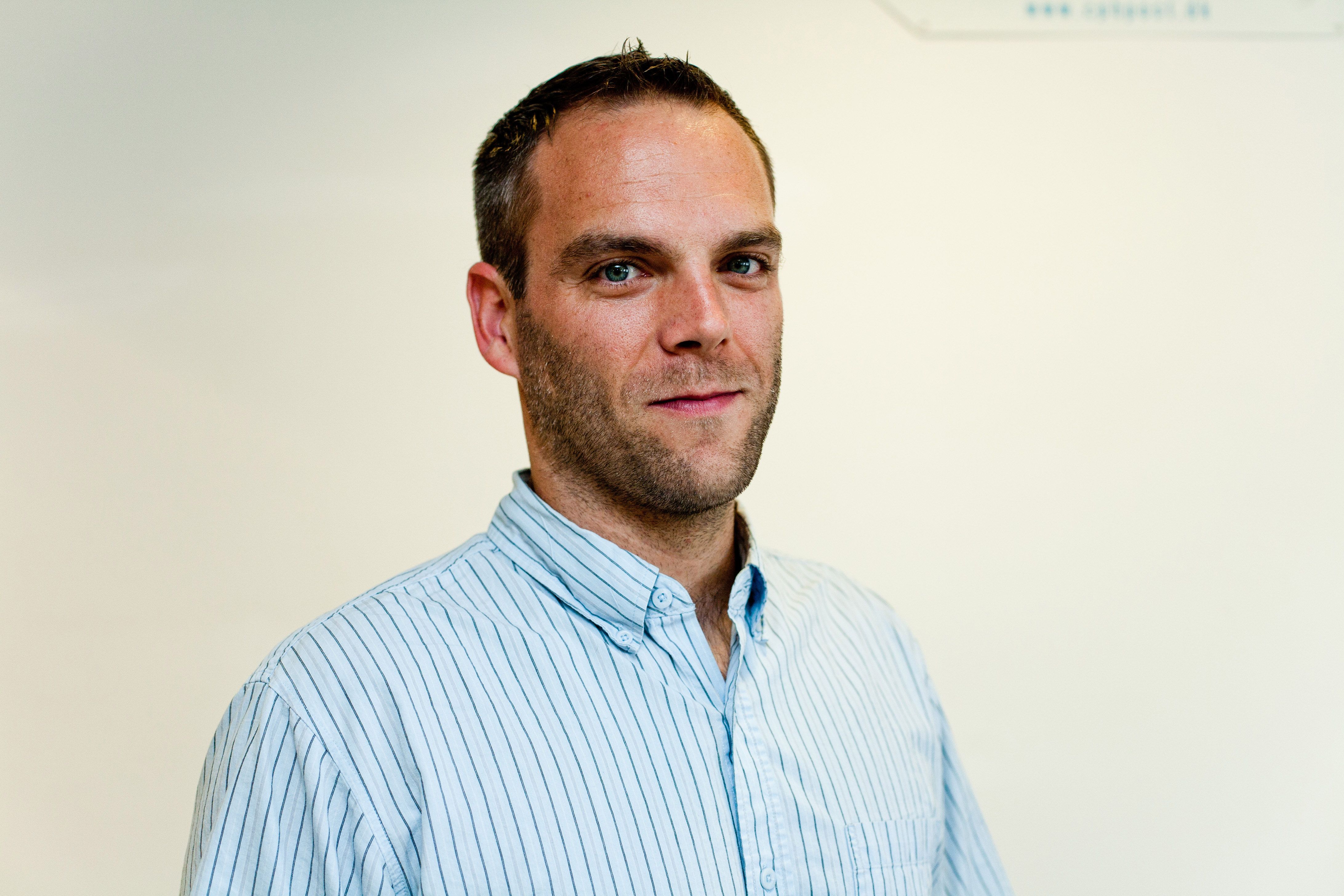A series of recent interactions – many spurred on by my last column – have left me feeling overwhelmed by anti-Danish sentiment and aware of just how often I am guilty of engaging in Dane-bashing.
I trade Denmark-related barbs on Twitter, laugh along in agreement to pieces like ‘How to Piss Off A Dane’, and engage in daily diatribes at work that must be quite wearisome for the poor Dane who sits across from me.
But even with that, I’m no match for some of the regulars on The Copenhagen Post website, who take every opportunity they can to bash the country, its government, its policies and its people.
The comments on our site are a topic of great discussion within the news room. I, for one, am convinced that for every bitter foreigner who does nothing but mutter about the “holy welfare state”, there are ten well-adjusted ones who simply read our articles in silence and are put off by the constant negative tone.
However, as much as I’d love to see a more balanced discussion on our website, rarely do I not find at least some truth and a basic level of agreement in the criticisms. Still, the chorus of vitriol built upon lazy stereotypes and simplified half-truths have begun to wear thin on me. Am I, too, bound to be bitter, wilfully seeing only what I don’t like about Denmark and discounting the things that I do like? I sure hope not.
 I’ve come to see just how easy — and at times appealing — it can be to live a life in Denmark fully ensconced in the bubble of the international community, where everyone shares the same complaints about Denmark and the Danes and finds comfort in bitching and moaning about our adopted home.
I’ve come to see just how easy — and at times appealing — it can be to live a life in Denmark fully ensconced in the bubble of the international community, where everyone shares the same complaints about Denmark and the Danes and finds comfort in bitching and moaning about our adopted home.
But really, is it all that bad? After all, the vast majority of people reading this are in Denmark because they chose to be. Surely, there must have been a time when the idea of living here was appealing.
It’s made me stop and think about my general attitude towards living here. First and foremost, I am here because of a wonderful woman, with whom I now have two terrific children. No matter what the outside world throws at me, as long as I come home to them I’m generally a happy guy.
But still, I don’t want to become so blinded with disillusion that I no longer see the pluses of living in Denmark.
There is no doubt that I have a more agreeable work-life balance here than I did in the US, Copenhagen’s cultural offerings dwarf those of my hometown, I find cycling and public transportation to be a very satisfying way of going to and fro, and soon I will be benefiting from one of the gems of the national welfare system: paid paternal leave. If ever there was a time to bite my tongue about the things I don’t like, it will be when I have ten weeks off work to spend time with my child.
And though I am quick to make some of the same generalisations about Denmark and the Danes as other foreigners (this might be a good time to mention that the term ‘expat’ is too pretentious for me), I know that they aren’t entirely true. For instance, it may be true that Danes aren’t overly friendly towards strangers, but those that I have at least a surface interaction with – other parents at børnehave and my son’s swimming class, neighbours, etc – are quite friendly. I can even admit that those often interminable hours-long sit-downs, one of my other favourite topics of scorn, aren’t always as unpleasurable as I let on. And despite my constant complaints that Danes can’t understand me when I speak their language, I admit that when I have to, I’m able to make myself largely understood in Danish.
Sure, I’m still at times left feeling emasculated and helpless when my relative unfamiliarity with the country and the language makes the most routine task difficult. But those complaints would apply to any foreign country and I shouldn’t mix them up with my more Denmark-specific complaints.
This isn’t intended as a love letter to Denmark. Make no mistake, this country does not make it easy for foreigners, particularly those from outside of the EU, and it has a disturbing practice of flouting international law when it suits its purpose. And yes, I have my problems with the Danish system and the jantelov go-along-to-get-along culture, and am likely doomed to forever struggle with the language.
But this is my home now. My wife is Danish, and my kids are half-Danish, so I should bear it in mind that my generalisations about ‘the Danes’ would include them as well. Besides, talking about what ‘the Danes’ do is no less generalising and discriminatory than Danes who paint with a broad brush when discussing udlændinge or indvandrer.
So yes, I will continue to be critical when it’s called for. But I’ll also remember that I came here by choice and that my life here will be what I make of it.
You can follow the author on Twitter here. Illustration provided by Daniel van der Noon.















